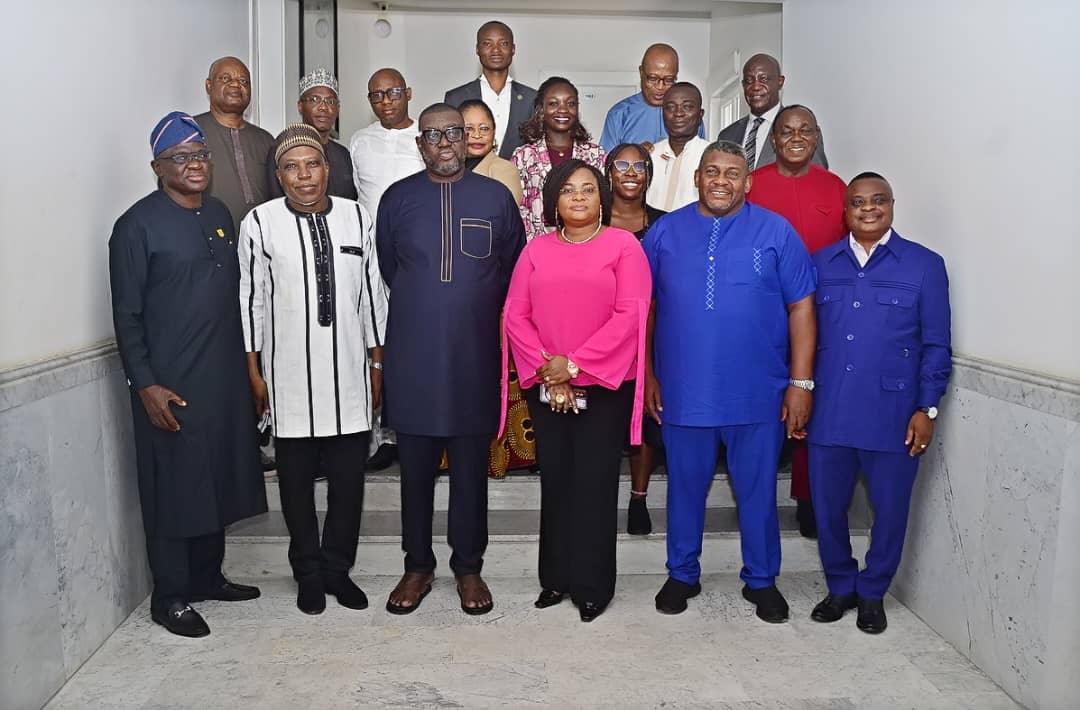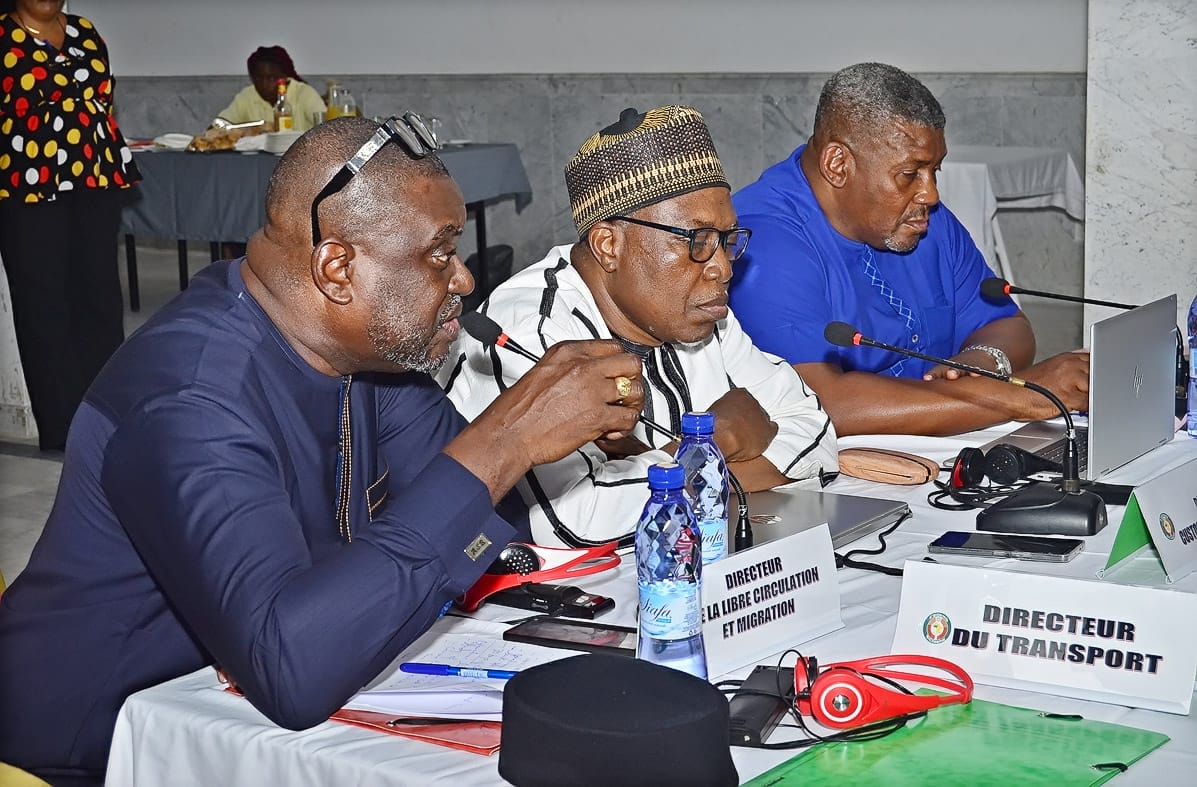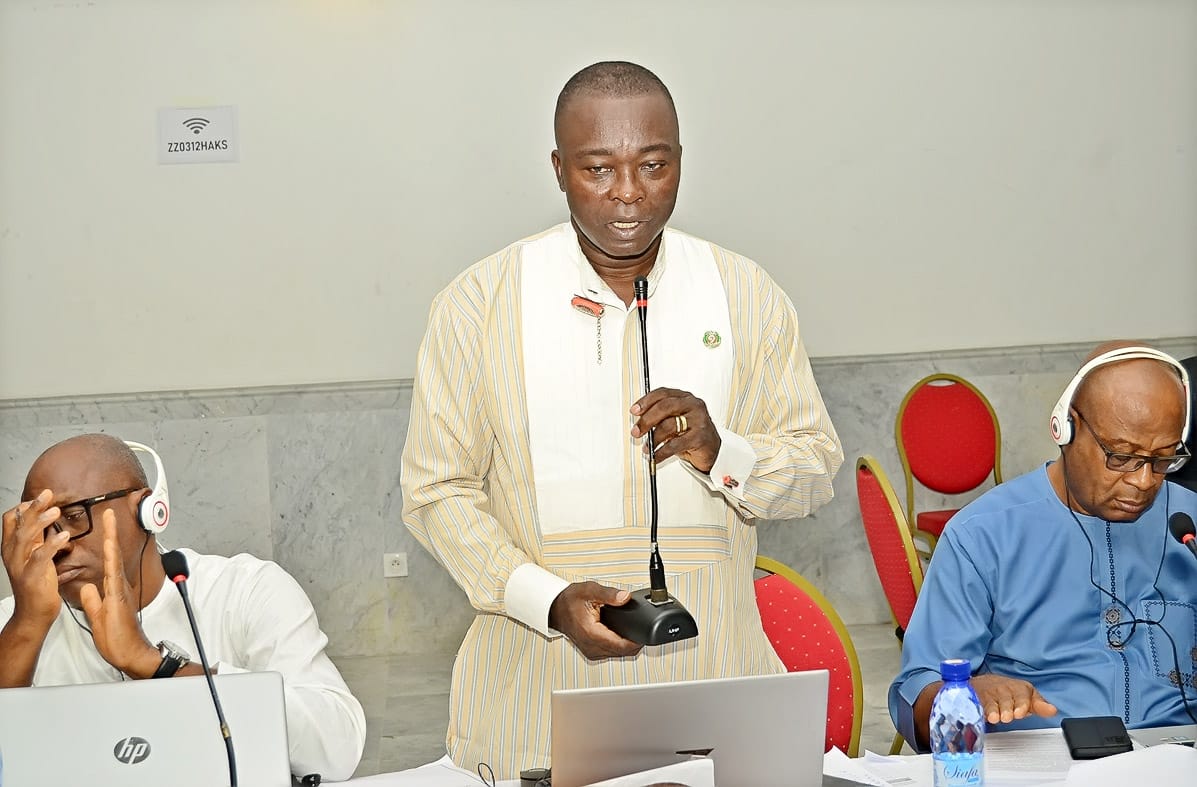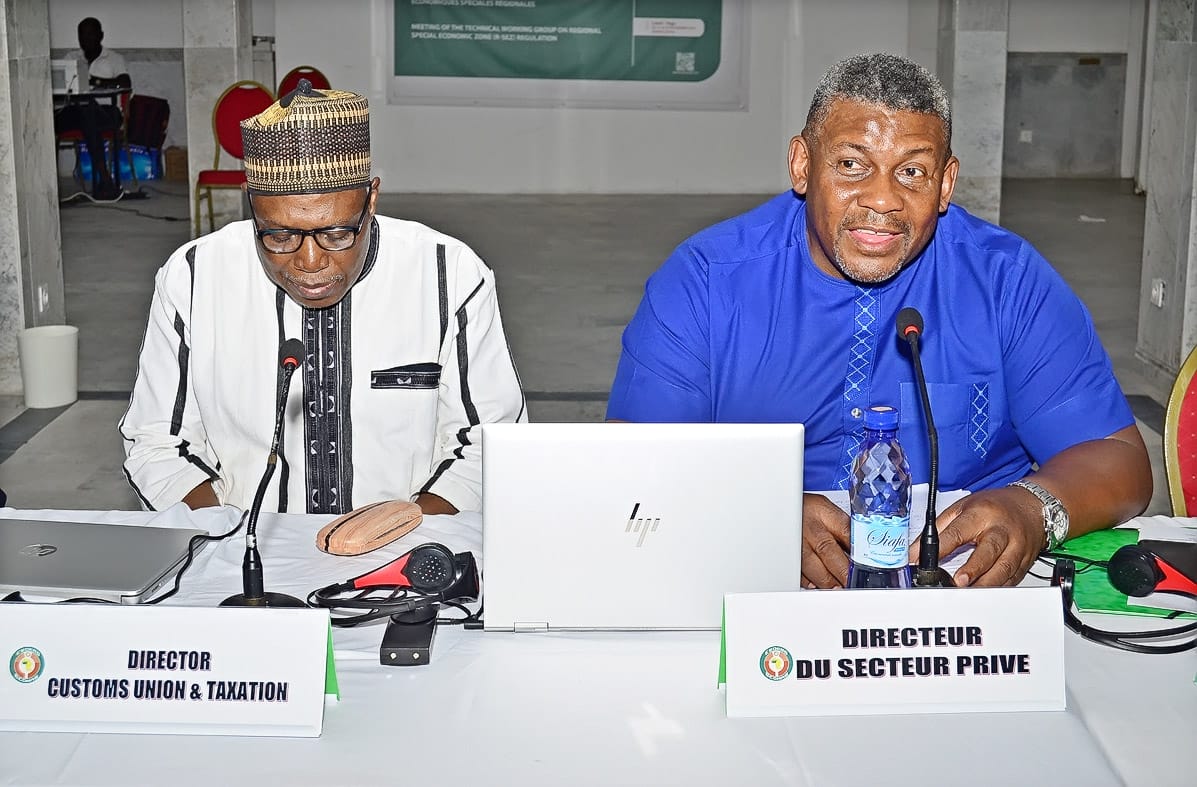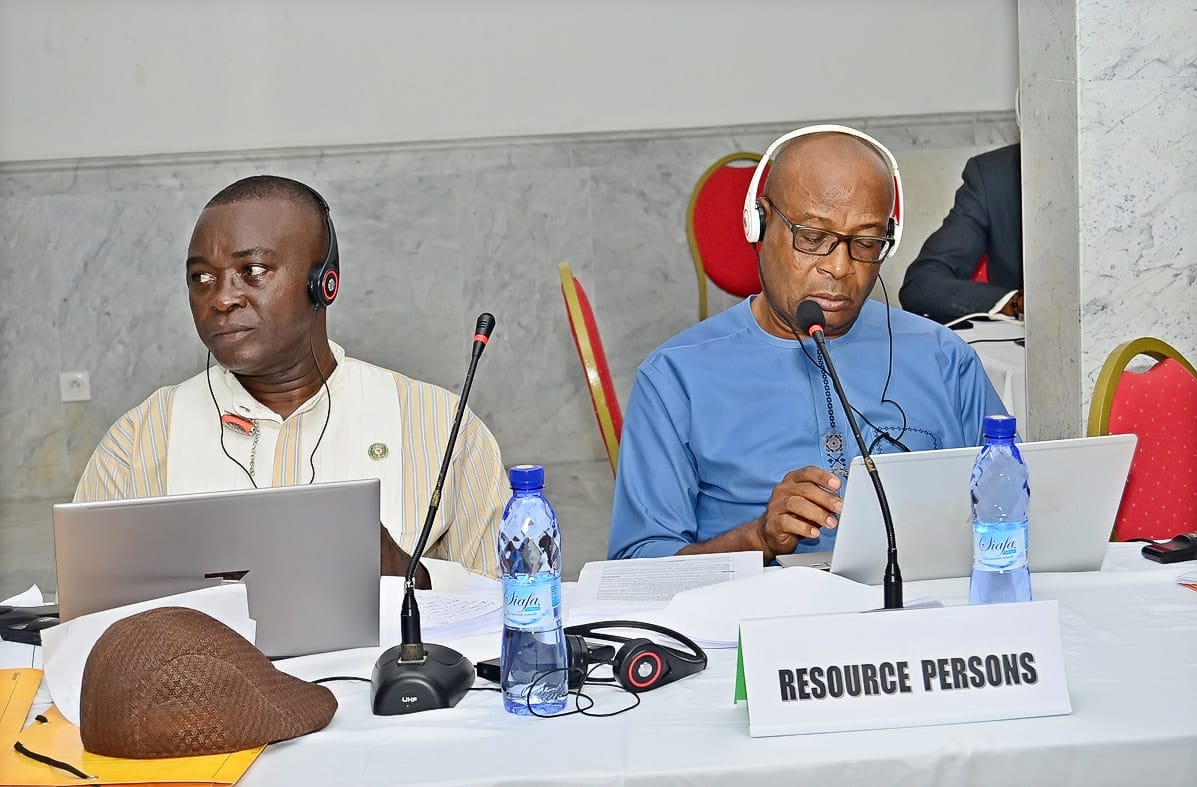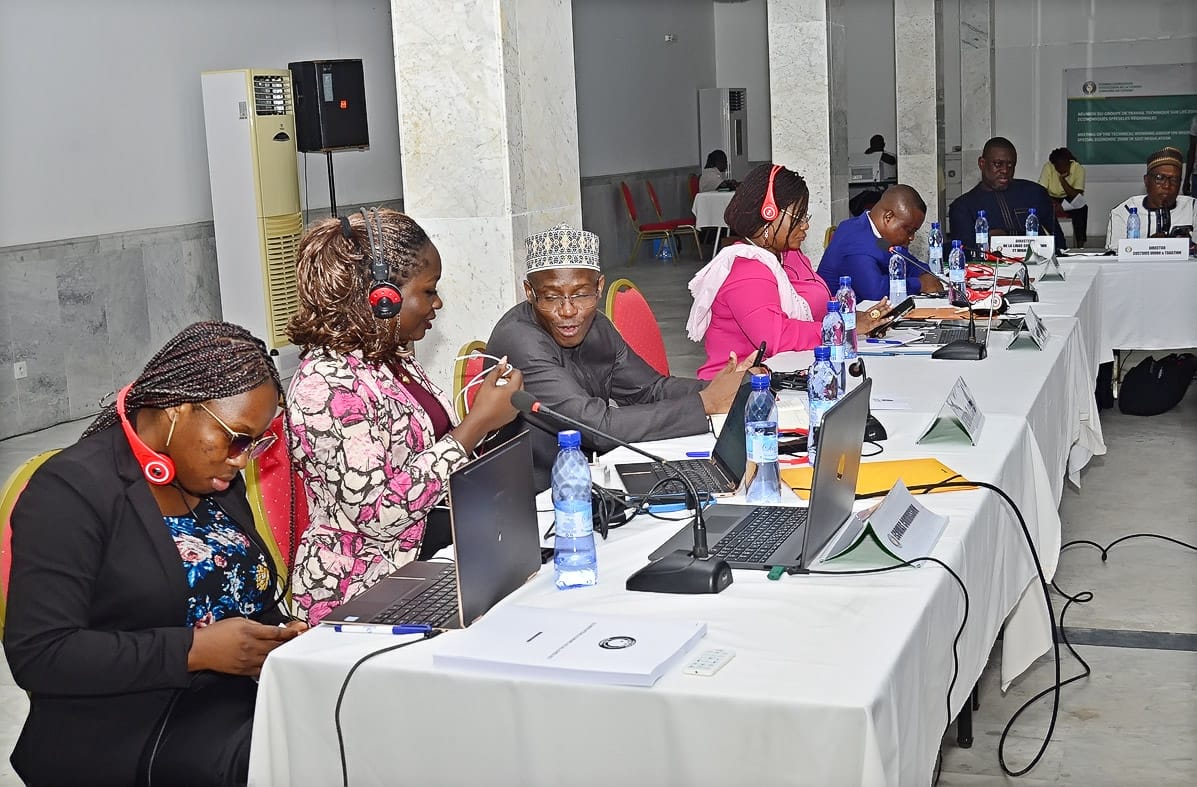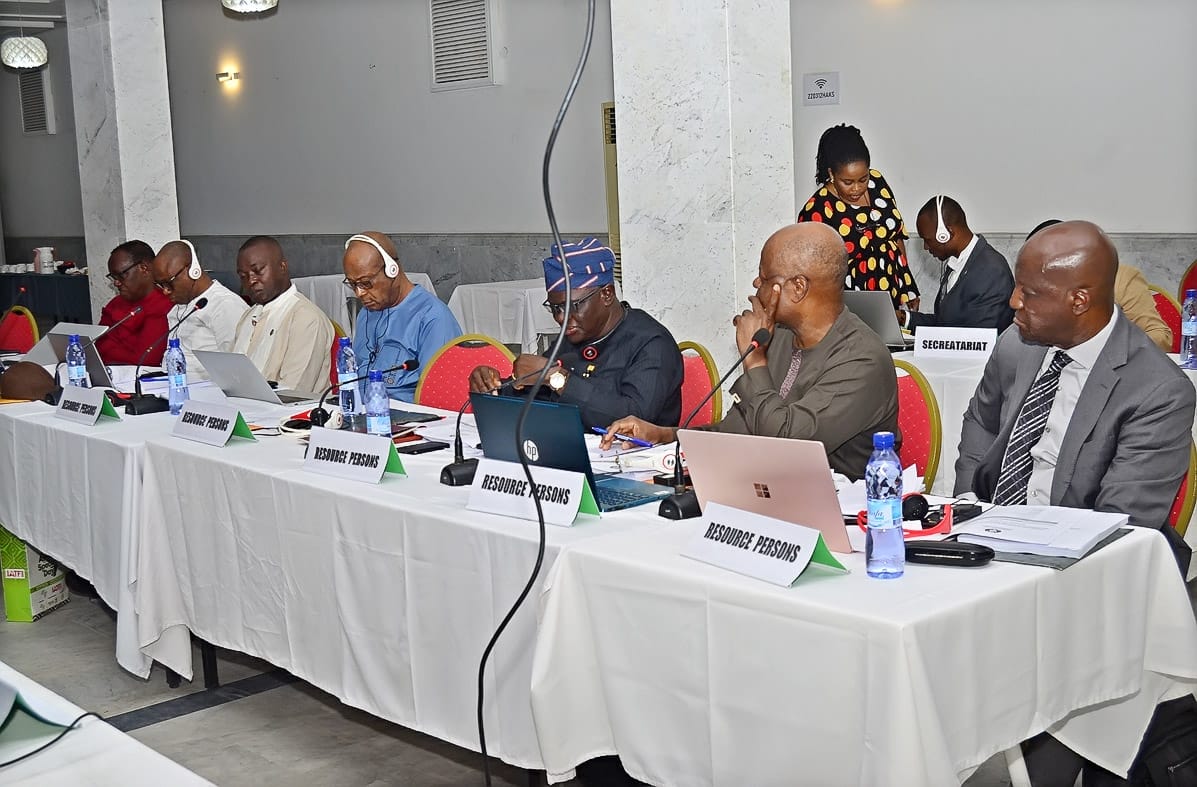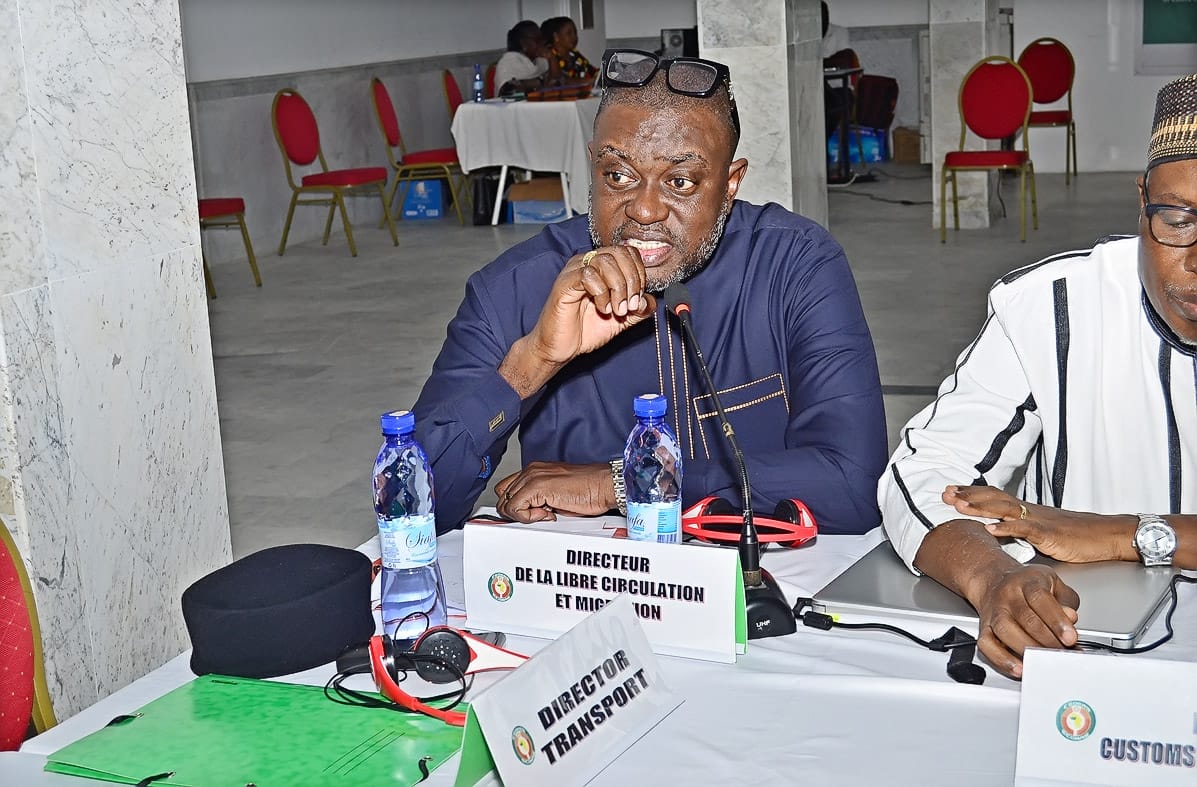Regional Working Group Meeting on Creation of Regulatory Framework for Special Economic Zones in ECOWAS Opens in Lome
14 Nov, 2024A meeting of the Technical Working Group on the Regional Special Economic Zone (RSEZ) Regulation to consider the document for the creation of a community-wide legal, regulatory and institutional framework that will guide the creation of Special Economic Zones in Member States of the Community has opened in Lome, Togo.
During the three-day meeting, which opened on Monday, 11th November 2024, the group will examine the recommendations contained in a 64-page document for the creation, within the Community, of special economic zones that are transparent, harmonized and founded on predictable legal, regulatory and institutional system of rules and regulations applicable to such zones.
The creation of the framework will enable the Community to fulfil the provision of Article 3 of the 1993 Revised ECOWAS Treaty as well as the prescriptions and strategies set out in Chapter 14 of the ECOWAS Investment Policy.
The proposed draft Act is expected to provide the institutional framework that will govern, among others, the designation, establishment, location, design, financing, development, operation, management and governance as well as the administration and closure of such spatial development areas in the region.
It is also expected to fulfil the policy objective of stimulating intra-community competition by encouraging cooperative competition among Member States of the Community at least 12 areas as well as support the diversification of their economies through private sector led SEZ development and operation, reduce dependence on natural resource exports and promote valued added processing and manufacturing in the region.
The outcome of the meeting will be submitted to regional experts for their consideration and validation as part of the process for its adoption as a community instrument.
At the opening of the meeting, the ECOWAS Commissioner for Economic Affairs and Agriculture, Madam Massandje Toure-Litse said the group is expected to ‘scrutinize and refine the document to ensure it aligns with existing regional texts and frameworks.”
“Our collective expertise spanning various specialisations including customs, immigration and the academia will undoubtedly enrich this process,” she said in the message delivered at the opening by the Director of Private Sector, Dr Tony Elumelu. She summarized the work into four broad areas, mainly, the review of the draft to identify areas requiring alignment with existing texts; ensure seamless integration into existing texts; provide authoritative guidance on issues of immigration and customs procedure and infuse the document with the required academic rigour.
She assured them that their “deliberations will significantly contribute to the development of an effective legal instrument and facilitate the establishment and operation of Special Economic Zones within the ECOWAS region.”




